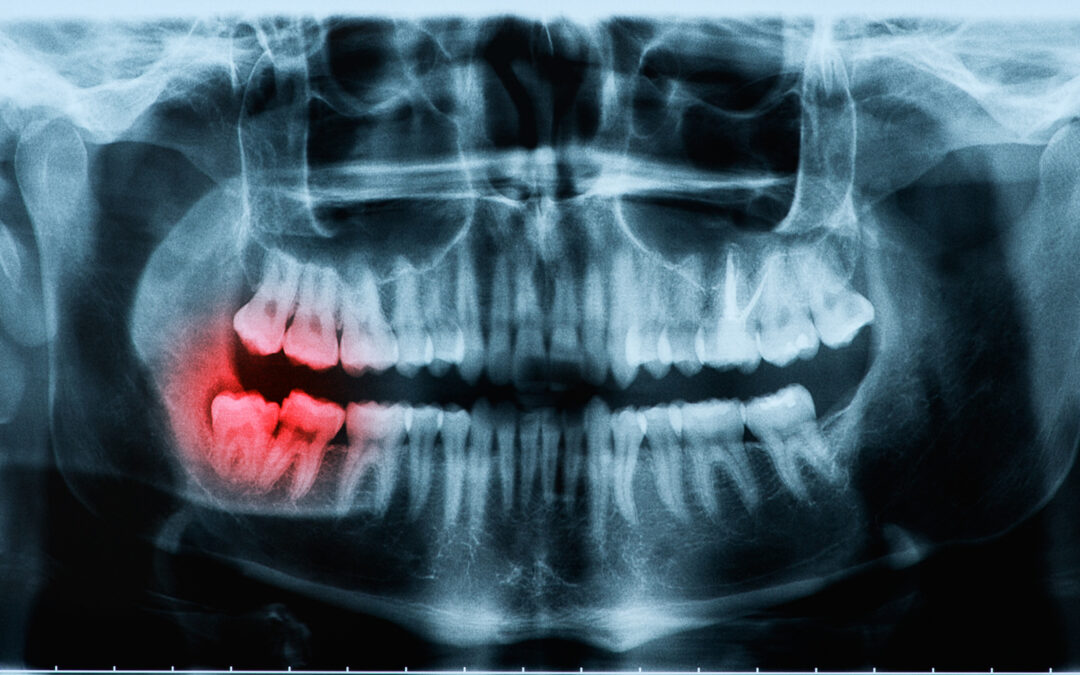At Johnston Road Dental, we are committed to providing comprehensive dental care for our patients in White Rock. One critical aspect of this care is oral cancer screening. Regular screenings can help detect early signs of oral cancer, allowing for prompt treatment and better outcomes. In this blog, we’ll explain why oral cancer screening is important, what the process involves, and how it can help safeguard your health.
What Is Oral Cancer?
Oral cancer refers to cancer that develops in any part of the mouth, including the lips, tongue, cheeks, gums, floor of the mouth, and even the throat. Like other cancers, early detection is crucial to increase the chances of successful treatment and recovery.
Why Oral Cancer Screening Matters
Many people associate routine dental visits with cleanings, fillings, or teeth whitening, but an often-overlooked benefit is the opportunity to screen for oral cancer. Oral cancer can develop without noticeable symptoms, especially in its early stages, which makes it all the more dangerous. By undergoing regular screenings, you can catch potential problems before they progress./
Here are a few key reasons why oral cancer screening is so important:
Early Detection Saves Lives:
When oral cancer is detected early, treatment can be more effective, increasing survival rates. In its later stages, oral cancer can spread to other parts of the body, making it much more difficult to treat.
It’s Fast and Painless:
Oral cancer screenings are quick, easy, and non-invasive. There’s no reason to delay this important aspect of your dental health.
Risk Factors Are Common:
Certain lifestyle habits, such as smoking or heavy alcohol use, can increase your risk of developing oral cancer. However, even individuals without these risk factors can develop the disease, making screenings essential for everyone.
Who Should Get an Oral Cancer Screening?
The short answer is:
everyone. While certain groups may be at higher risk, oral cancer can affect anyone.
Here are some common risk factors that may increase the likelihood of developing oral cancer:
Tobacco Use:
Smoking cigarettes, cigars, or using chewing tobacco significantly raises the risk of oral cancer.
Excessive Alcohol Consumption:
Heavy drinking combined with tobacco use increases the risk even further.
HPV Infection:
The human papillomavirus (HPV) has been linked to certain types of oral cancer, particularly those that affect the throat.
Age:
Oral cancer is more common in individuals over 40, but it can occur at any age.
Sun Exposure:
Prolonged exposure to the sun can increase the risk of lip cancer.
Even if you don’t fall into any of these categories, regular screenings are recommended as part of your routine dental care. Oral cancer can develop without any apparent risk factors, which is why early detection is critical for everyone.
What Happens During an Oral Cancer Screening?
Oral cancer screening is a simple, routine procedure that can be completed during your regular dental check-up at Johnston Road Dental. Here’s what you can expect during the process:
Visual Examination:
Your dentist will thoroughly examine your mouth, lips, tongue, gums, cheeks, and throat for any abnormal sores, red or white patches, lumps, or swelling. These can be early signs of oral cancer or other issues.
Physical Examination:
In addition to looking for visible abnormalities, your dentist may gently feel around your jaw, neck, and the inside of your mouth to check for any unusual lumps or hardened areas.
Special Screening Tools (if necessary):
Some dental offices may use advanced tools such as specialised lights or dyes to enhance the detection of abnormal tissues. This can help identify areas of concern that may not be easily visible to the naked eye.
If anything suspicious is found during the screening, your dentist will recommend further testing or refer you to a specialist for a biopsy or other diagnostic procedures.
Prevention Tips for Oral Cancer
While regular screenings are crucial, there are steps you can take to lower your risk of developing oral cancer:
Quit Smoking:
If you use tobacco, quitting is the most important step you can take to reduce your risk.
Limit Alcohol:
Drink alcohol in moderation, and avoid combining it with tobacco use.
Protect Your Lips:
Wear lip balm with sunscreen and avoid excessive sun exposure to reduce the risk of lip cancer.
Healthy Diet:
A diet rich in fruits and vegetables can help lower your cancer risk by providing essential vitamins and antioxidants.
Stay Informed About HPV:
Consider getting vaccinated against HPV, as it is a known risk factor for oral cancer.
Why Choose Johnston Road Dental for Your Oral Cancer Screening?
At Johnston Road Dental, we believe that prevention is the key to good health. Our experienced team is dedicated to providing thorough oral cancer screenings as part of your routine dental care. We use the latest techniques and technologies to ensure that your screening is accurate and efficient. Your health is our priority, and we are here to answer any questions or concerns you may have about the process.
Final Thoughts
Oral cancer is a serious disease, but early detection through regular screenings can greatly improve your chances of successful treatment. At Johnston Road Dental in White Rock, we offer oral cancer screenings as part of our commitment to your overall health and well-being. Don’t wait for symptoms to appear—schedule your screening today and take a proactive step toward protecting your health!

